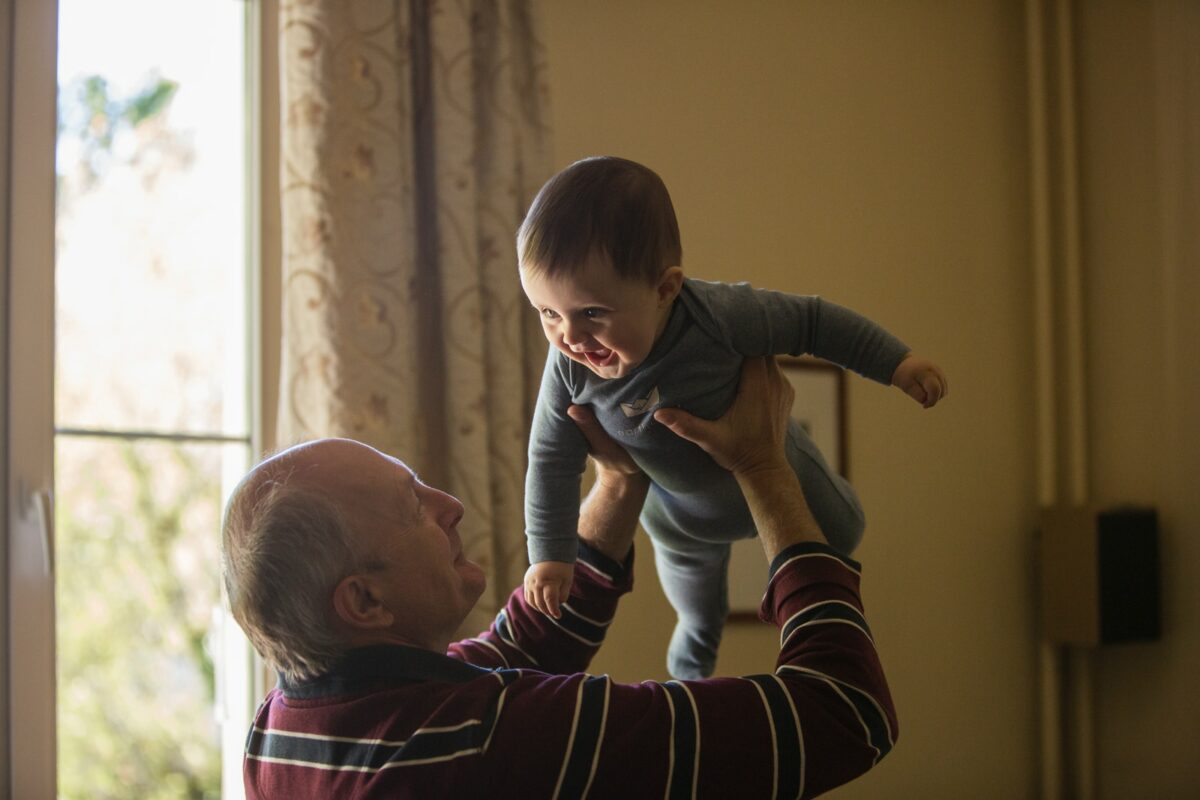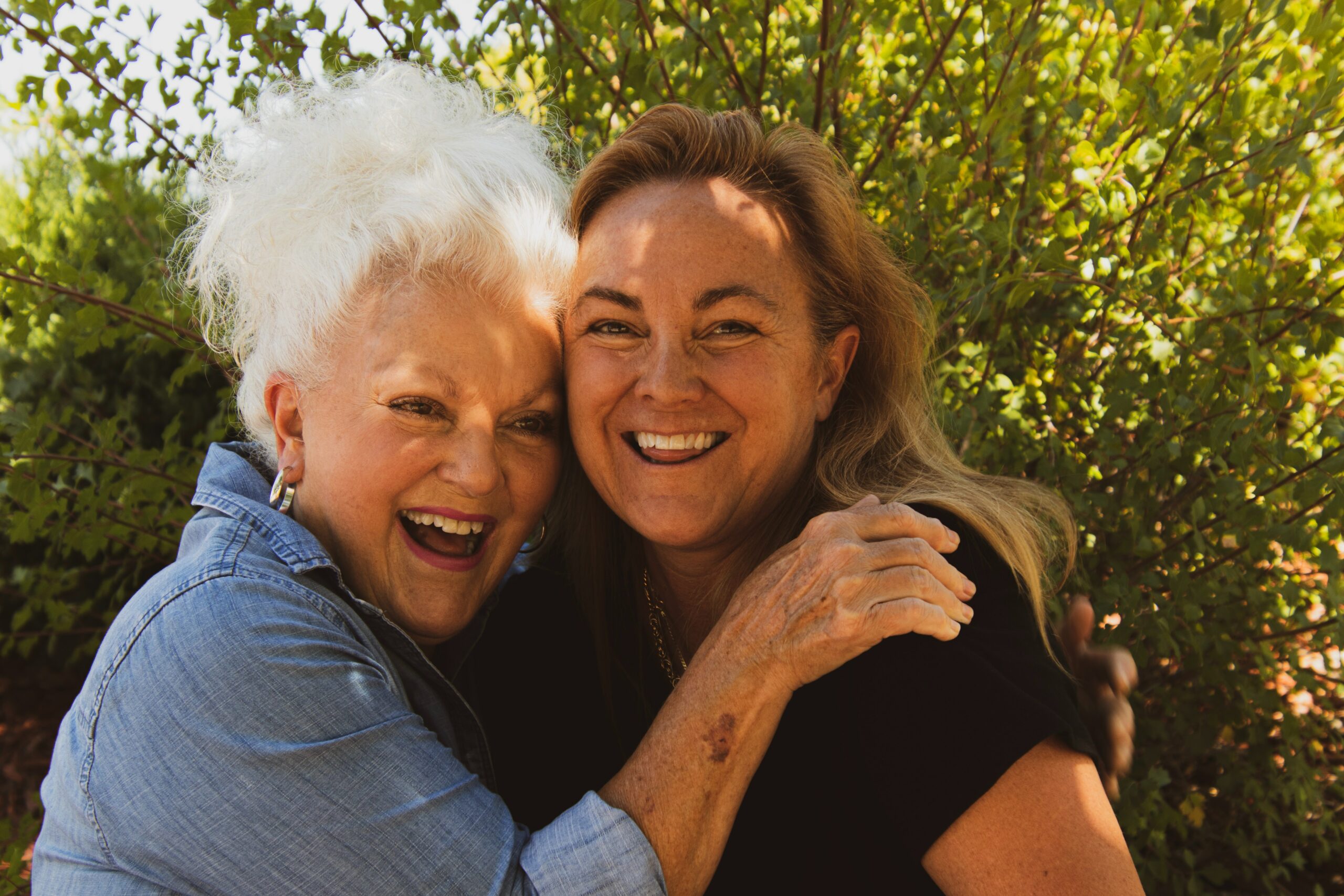Its sad – but it’s the way life goes, our much loved parents and grandparents – like all of us , are getting older. These are the elders we love, the people who were – and still are, always there for us.
They’re moving more slowly and grey hairs are popping up more and more each time we see them.
Now we are becoming the generation whose turn it is to step up – step up and be available to be the support to our parents that they were for us – in this crucial stage of their lives.
Yes, now they are a bit older, our parents or grandparents might love the fact that now they are free to do whatever they want to do – to do the things they never got the chance to do when they were carrying for us. At other times however, they may be isolated and lonely.
So, what can we do to help them stay healthy and happy? After all, most of us want the elderly in our lives that we treasure and love to feel content and comfortables.
As our loved ones grow older, they need certain requirements in their lives. Here are some of the ways we can help them feel their best and live their life to the fullest.
# Meaningful Relationships
As people get older, they become more aware of what’s important in life. 9 times out of 10 seniors will tell you nothing is more important than family.
So, it’s important to take the time to sit and listen to what they have to say. Or just hi and ask about their day.
It may seem like their problems are different from ours. Yet, the truth is, they worry about the same things we do: money, health, and relationships. They may just not have anyone to share their worries with.
#A Role in the Community
Seniors also need to build relationships outside the home and be part of their community. Feeling that you belong and are needed is crucial.
Studies show that the sense of belonging has the power to reduce stress, ward off illnesses. When they feel like they’re part of something bigger than themselves, it adds meaning to their life. It also buffers feelings of loneliness and isolation.
Plus, it stimulates the release of feel-good hormones and improves our overall well-being. How can anyone say ‘no’ to that!
Being part of the community can come in the form of volunteer work. They can do simple tasks, like help out once a week at a homeless shelter or local soup kitchen.
There are also senior centers that offer a wide variety of programs. These programs are designed to bring seniors together to join in activities, such as:
- Gardening
- Crafts
- Cooking
- Book clubs
- Exercise programs
# Daily Routine
Some seniors find that living by the moment is more exciting. Although, the majority enjoy having a daily routine more than spontaneity.
They actually view routine as a source of comfort and reliability. Part of their regular routine could be waking up at around the same time each day. Then, they head to the bathroom and change their clothes.
After that, they have a nutritious, well-balanced breakfast along with their morning cup of coffee. If they take any morning medications, now would be a good time. Finally, they would start getting ready for any planned activities or visits.
It’s important to have a weekly schedule already drawn out ahead of time. It gives seniors a sense of stability knowing what’s on their agenda.
In addition, it’s easier knowing what they have to prepare for beforehand. It also puts less stress on their memories when they can predict what will happen during the entire week.
# Physical Activity
Physical activity is important at any age. Yet, it’s more important as we get older to help maintain muscle mass and support joints. Not only that, but exercise has been proven to make us feel happy and reduce mental health problems.
For seniors, exercising can become a difficult and boring chore if not done right. The key to encouraging seniors to exercise is to offer simple, low-impact workouts they can do on their own.
Staying physically active reduces the risk of falls as it improves balance. It also increases both bone density and muscle strength.
# A Sense of Independence
No matter what anyone says, we all love being cared for, even seniors. Besides the pampering, you’ll notice that there are also quite a few things they need help with.
But there comes a time when you have to know when to take a step back and give the senior in your life some space. They still value their independence and self-reliance a great deal.
Being able to do things for themselves boosts their self-esteem. It’s also beneficial for their cognitive functions and keeps the brain in tiptop shape.
#A Final Note
Now that we’re aware of what our aging people need from us, we can offer the right type of care and support. This can range from helping out with daily tasks or lending a sympathetic ear.
The important thing is to be there for our seniors. They need to know that they’re a respected and honored part of the community and our lives.

